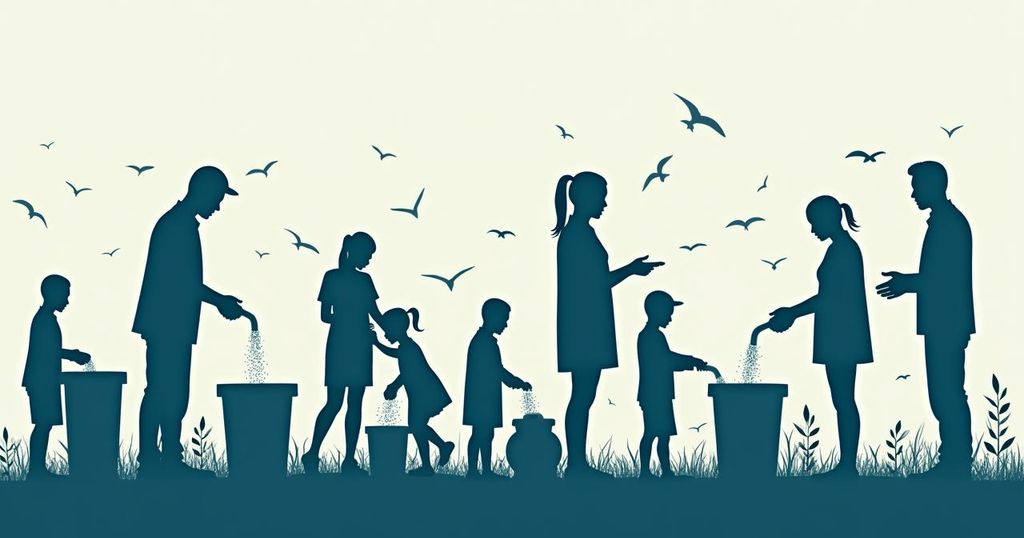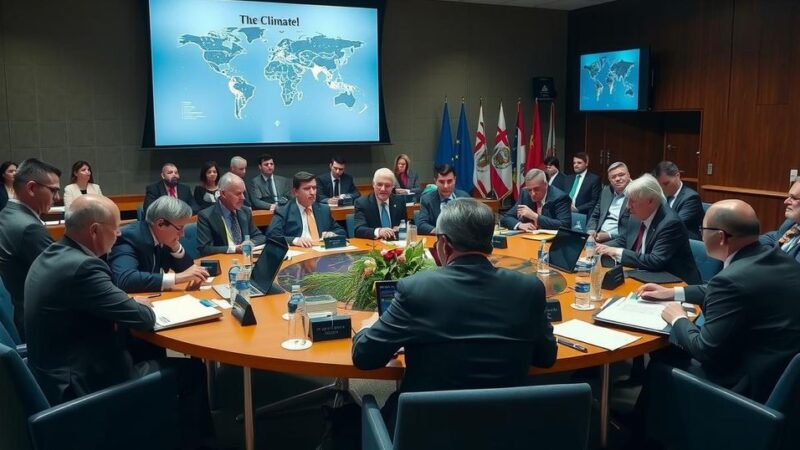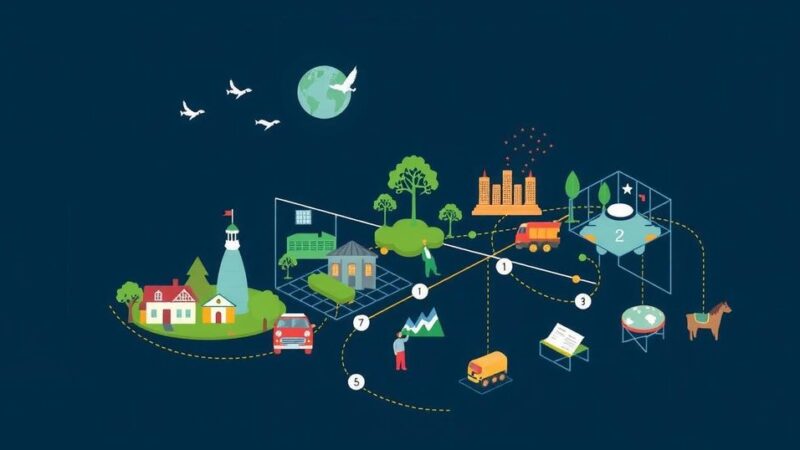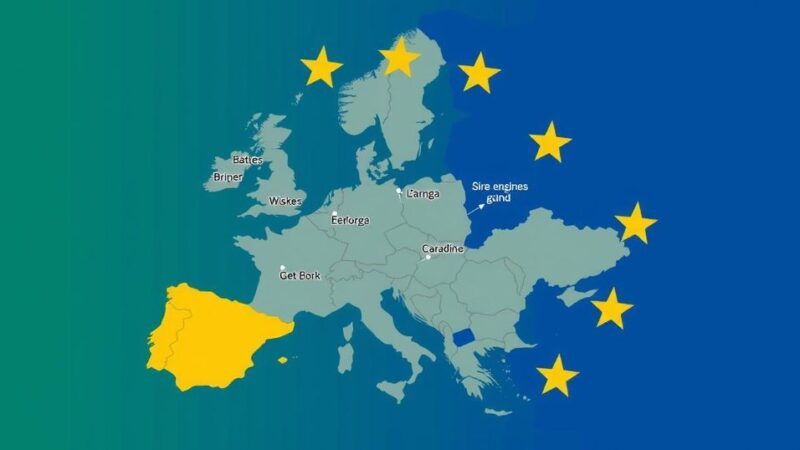Namibia faces a critical challenge regarding Water, Sanitation, and Hygiene (WASH), with about 50% of the population lacking access to clean drinking water and 59% without safe sanitation. The impact of climate change and urban migration exacerbates these issues. UNICEF’s initiatives focus on safe water practices, sanitation improvements in schools, and eliminating open defecation to protect children’s rights and health.
Water, Sanitation, and Hygiene (WASH) services are fundamental for the health and well-being of children, yet Namibia faces significant challenges in this area. Despite a backdrop of economic growth, it is concerning that only approximately 50% of the Namibian population has reliable access to clean drinking water. Alarmingly, nearly two-thirds of children reside in regions characterized by high or extreme water vulnerability. Moreover, Namibia holds one of the world’s highest open defecation rates, with 59% of the populace lacking access to basic sanitation services, which includes a toilet supplied with water. The persistence of open defecation, currently affecting 47% of the population, coupled with inadequate hygiene practices presents serious public health concerns. Furthermore, these issues are worsened by climate change impacts, such as recurrent droughts and floods, alongside rapid rural-to-urban migration, leading to increased scarcity of water resources. If these trends continue without immediate intervention, access to WASH services among Namibians may decline further. Reports indicate that around 11% of schools lack sanitation facilities, while 6% do not have access to safe water facilities (EMIS 2021). To combat these challenges, UNICEF collaborates with government and development partners to educate families on safe water treatment and storage, handwashing with soap, and eliminating open defecation practices at schools and health facilities. Ongoing assessments aim to highlight the costs associated with inaction, reinforcing the necessity for an integrated and cross-sectoral approach to addressing climate change, environmental degradation, and the corresponding threats to children’s rights regarding survival, development, and participation in their communities.
The topic of Water, Sanitation, and Hygiene (WASH) is critical, particularly in regions struggling with water scarcity and sanitation issues. In Namibia, despite the country’s economic advancements, the lack of access to clean water and basic sanitation remains a pressing concern, impacting the health and development of children and the community at large. These challenges are complicated by environmental factors and population movements, highlighting the need for effective interventions and sustainable practices in WASH to ensure the well-being and rights of children.
In summary, addressing the WASH challenges in Namibia is imperative for safeguarding the health and future of its children. With only half of the population having access to clean water and a considerable percentage undergoing the consequences of inadequate sanitation practices such as open defecation, urgent action is required. Collaborations spearheaded by organizations like UNICEF demonstrate a commitment to improving access to WASH facilities, crucially with an emphasis on hygiene education. The ramifications of climate change, alongside other socio-economic factors, underscore the dire need for a holistic approach to these issues. Ultimately, ensuring the right to sanitation and clean water is essential for the survival and development of every child in Namibia.
Original Source: www.unicef.org






